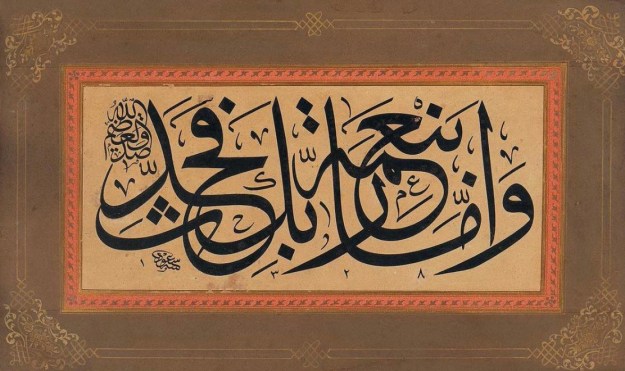
Baba Fareed ud Deen Masud Ganjshakar (Allah have mercy on him) (d:664H/1266CE) is one of the Masters of our path (tareeq).
Following are some of his blessed sayings,
1. Do not fulfill the desires of your nafs. The more you comply greater it will still demand.
2. Whenever an affliction strikes you consider it to be the retribution of your wrongdoings.
3. Groom your inner-self (batin) more than your outward appearance.
4. Aspire for more spiritual progress every day.
5. Do good to others considering that you are doing good to yourself.
6. Whatever your heart dislikes (in permissible things) leave it immediately.
7. Be in search of excuses to do good actions.
8. Be afraid of the individual who fears you.
9. From all the spiritual struggles controlling one’s sexual desires is the most required
10. If you are rich then be a philanthropist
11. There is nothing more valuable than time.
12. Be critical of your own deficiencies
13. If you want to avoid humiliation then do not ask for anything
14. If you want to turn whole mankind against yourself then become arrogant
15. Defeat the planning of your enemy by consulting him
Shaikh Fareedudeen Masud Ganjshakar rehmatullah: Prof Kalique Nizami, p 535-537














